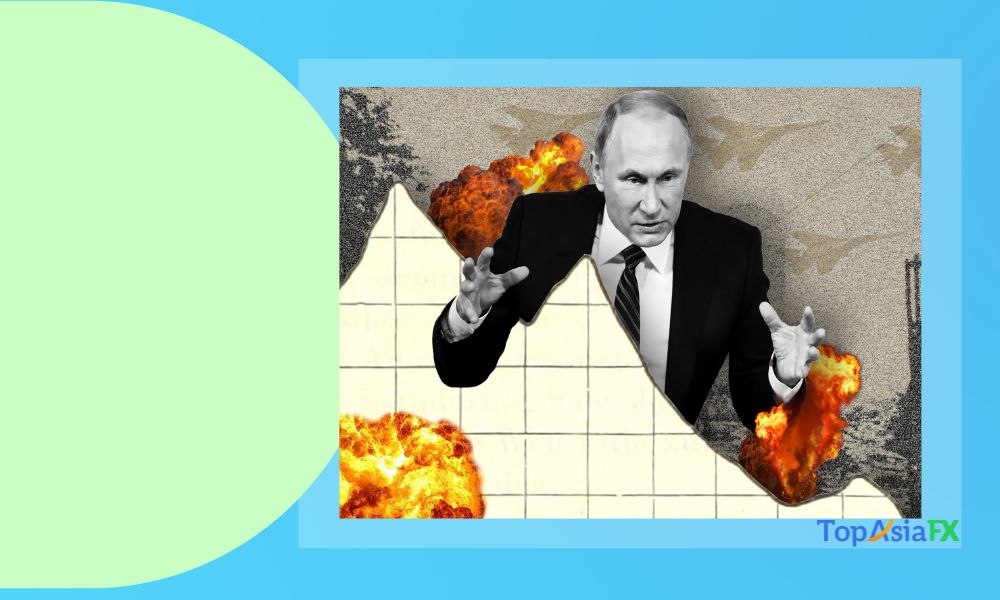The European Union, the G7, and Australia agreed a few days before December 5 to cap the price of Russian oil shipped by sea at $60 per barrel. This was the start of a new phase in the economic war between Russia and the West.
The price cap may be one of the most important responses to Russia's use of its energy reserves as weapons since the start of its full-scale invasion of Ukraine, but most people don't understand what it means or what it hopes to accomplish.
Many people seem to think that the price cap is a way to stop Russian crude exports, but that is not at all the case. On the contrary, it wants to make sure that they keep flowing even though regulations and sanctions are getting tighter and tighter, but not to Western markets. Since February, China, India, and many other third countries have been buying large amounts of crude oil from Russia at very low prices. They can still do this. The goal of the cap is not to stop these purchases, but to limit Russia's profits, which are mostly used to pay for its war effort, by making sure that the discounts that are in place will stay in place.
The international coalition that is fighting Russia's war in Ukraine didn't find it easy to agree on the move. The final terms of the move were only agreed upon by all parties on December 2. It was hard to decide where to put the cap. In the end, the countries decided to set it at $60, which was higher than where most Russian crude was trading the day before the ban. After Russia's invasion of Ukraine, Poland was the only European country that didn't support Ukraine. Warsaw agreed with Ukrainian President Volodymyr Zelenskyy that setting the cap at that level would mean that Russia would still make some money from the barrels it sells.
But in the end, everyone agreed on a cap of $60 because they saw that at that level, Russia's profits could be greatly limited without causing a major disruption to the global oil markets that could send prices skyrocketing for everyone. In fact, a lower price cap would have probably forced Russia to do something drastic, like stop all exports, and hurt all countries that buy oil along with Russia.
Since February, the Kremlin has been exporting its oil at huge discounts, even though it has been complaining that any price caps would be a violation of its sovereignty. So, in reality, putting a cap of $60 is just a way to keep things the way they are now.


Comments
Post a Comment